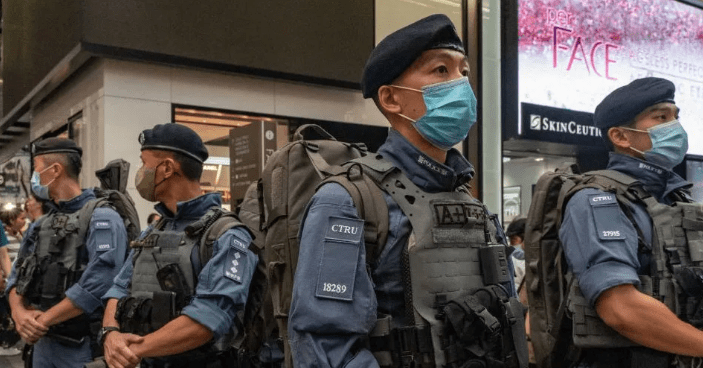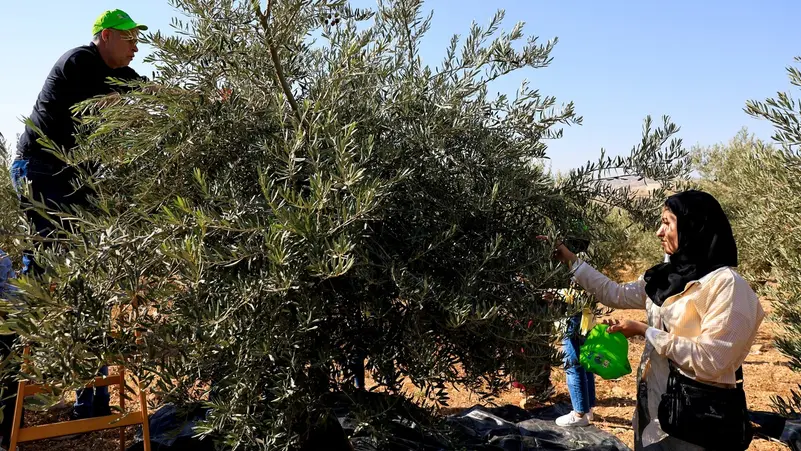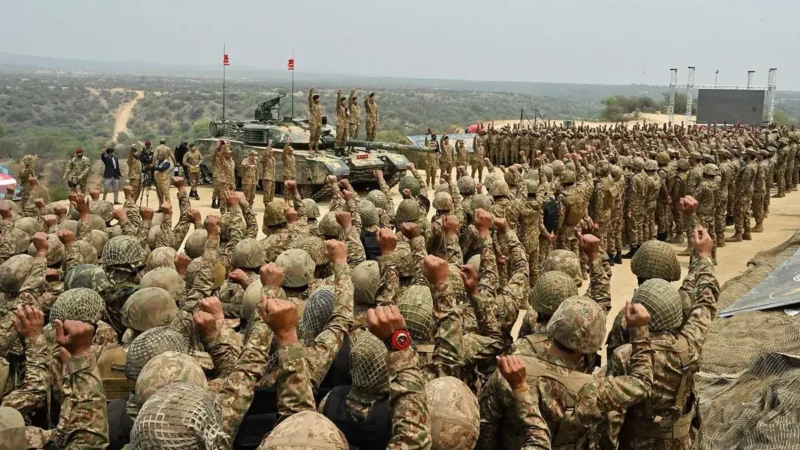For planning a “terrorism” device, three Hong Kong activists face up to six years in prison.

Three Hong Kong activists have been jailed for up to six years for their involvement in a foiled plot to bomb public buildings.
The trio were initially all charged with “conspiracy to commit terrorism” under the national security law.
They were part of “Returning Valiant”, a pro-independence group which hatched the plan in 2021 following pro-democracy protests.
They were arrested in July 2021, before they could execute their plans.
The court heard that Ho Yu-wang, Kwok Man-hei, and Cheung Ho-yeung had planned to make bombs using the explosive TATP and place them in various public buildings, including government offices, police quarters, court buildings and railways.
They had intended to carry out their plan between 1 April and 5 July 2021, but were arrested before any of the devices were made, the court heard.
Prosecutors said Ho, who was 17 when he was arrested, was “primarily responsible for making the explosives”. He pleaded guilty to the terrorism charge and was sentenced to six years in jail, with the court deeming him the “ring leader” of the group.
Cheng, 23, was also sentenced to six years in jail, while Kwok, 21, was given a 30-month jail term. They both pleaded guilty to a lesser charge of “conspiracy to cause explosions”.
High Court Judge Alex Lee said he accepted that “the hostile social atmosphere” during Hong Kong’s protracted pro-democracy protests could “easily cloud one person’s moral judgment…[and] might turn people with previously good characters into radicals”, according to a Reuters report.
Four others involved in the plans were earlier sentenced in May.
Introduced in 2020, Hong Kong’s wide-ranging national security law gives Chinese authorities expansive powers over political and civic activity in the city.
Some foreign authorities have criticised the law as a tool to crush dissent, while Beijing insists it is necessary to quell unrest.






